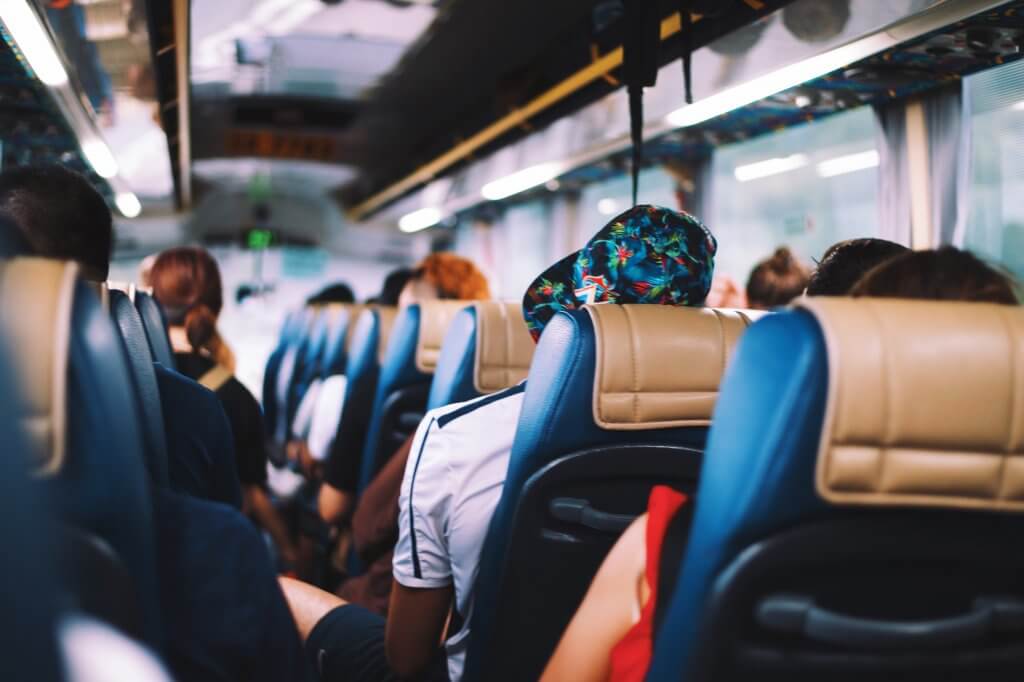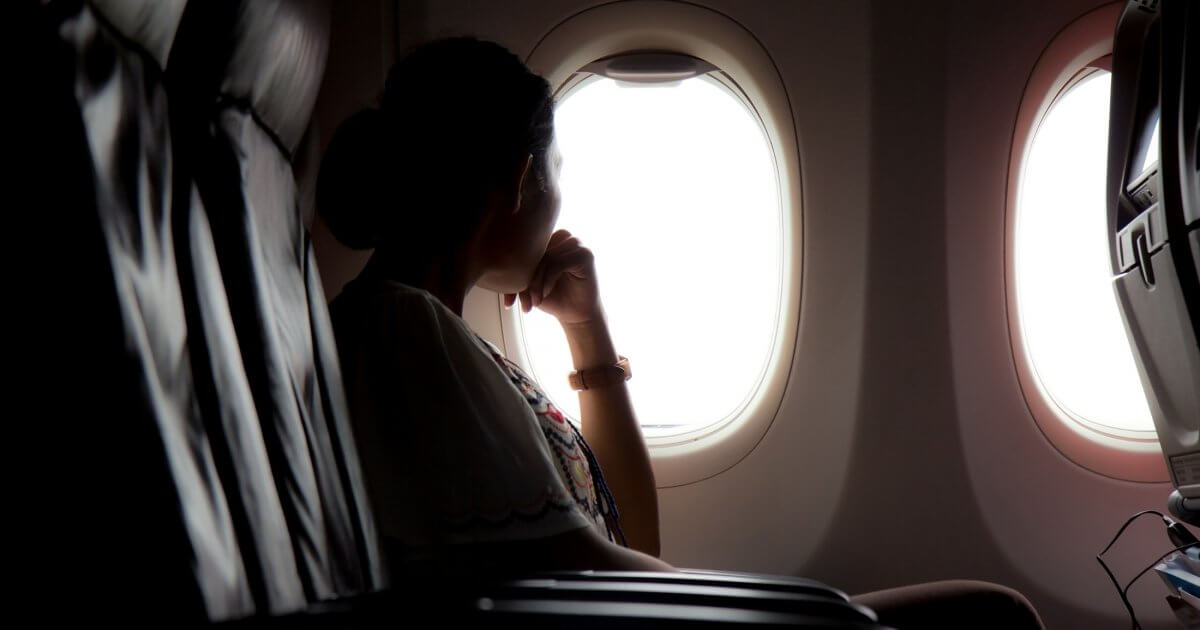When standard cancer treatments don't workor only work for a short time before a cancer recursmany people seek out clinical trials, which test new treatments in groups of human participants who volunteer to take part in research.
Clinical trials can be lifesaving for many participants, and they're essential for bringing new cancer treatments to the market. Every new drug needs to go through at least three phases of clinical trials to secure approval from the U.S. Food and Drug Administration (FDA).
Read MoreTravel Costs
But in addition to eligibility, there's another challenge to participating in clinical trials that's less talked about: the financial cost of getting there.

Even though the drug companies will usually pay for the actual treatment someone receives during a clinical trial, and insurance will pay for the associated care, there's a host of expenses associated with clinical trial participation that don't fall into either of these categories, most of which are out-of-pocket expenses called "ancillary costs."
These include financial burdens like paying for childcare during frequent visits to the clinic and, in cases where a clinical trial is located outside of someone’s hometown (which is common; many trials take place at comprehensive cancer centers in major cities), they also include paying for transportation and lodging.
Because carefully designed protocols may require participants to visit the clinical trial site often for blood tests, scans, and other types of monitoring, these costs can add up pretty quickly.

For someone already dealing with the challenges of cancer itself, paying for airfare, bus tickets, tolls, gas, and hotel stays can become especially taxingnot to mention that if a spouse, friend, family member, or other caregiver comes along for support, all of those costs can double.
In many cases, these logistics and their associated costs can rule out the option of participating in a clinical trial altogetherwhich is especially problematic for those patients for whom clinical trials offer the only hope of surviving cancer.
But It’s a Problem For Research, Too
It goes without saying that clinical trials can’t take place without participants. And if a clinical trial cannot take place, the drug it’s supposed to test will never make it to the market to help the patients that need it.
It is for this reason that over 50 percent of clinical trials end up failing; they cannot enroll enough participants.
And because the financial barriers disproportionately impact low-income families, many clinical trials only end up enrolling the wealthiest echelon of patients: those who are able to pay these expenses.
A 2016 study published in the JAMA Oncology found that patients households making less than $50,000 per year were almost 30 percent less likely to participate in clinical trials.
Overall, less than five percent of adult people with cancer participate in clinical trials. And these participants are overwhelmingly wealthy and white, too; in 2016, only six percent of cancer clinical trial participants were African American and two percent were Hispanic.
If cancer drugs are only tested in homogenous groups of people, researchers will never know whetheror how wellthey work for everyone.
"These patients are not involved in clinical trials and it’s really affecting our scientific knowledge," Dr. Diana English, a gynecologic oncologist and Clinical Assistant Professor in Obstetrics and Gynecology at Stanford Health Care, told SurvivorNet in a previous conversation about minority participation in clinical trials. "And if it needs to be that these companies pay more attention and do what they need to do to get underrepresented minorities into clinical trials, then they need to do that."
Dr. Diana English spoke with SurvivorNet about why clinical trials need more minority patients.
And while there are a host of other reasons why minority patients are disproportionately excluded from clinical trialsall of which need attention from the medical research communitythe ancillary financial costs play a big role.
So What's the Solution?
As of now, there are a number of nonprofit and advocacy organizations that have programs in place to financially support those who can't pay for the costs associated with clinical trials.
Dana Dornsife, the founder of one such organization, called the Lazarex Cancer Foundation, spoke on Good Day DC yesterday morning about how these financial barriers are "the cancer problem that no one's talking about."
"What's happening is that we have thousands of clinical trials that need patients to participate in them in order to get approval and get to market, and we have tens of thousands of patients who need clinical trials in order to survive," Dornsife said. "And they just never seem to intersect."
Jackie Hinckley, a metastatic breast cancer survivor, joined Dornsife in the interview, during which she shared that in 2015, she had been given a prognosis of about twenty months to live, but then she found and enrolled in a clinical trial at Massachusetts General Hospital that saved her life.
But Hinckley lives in California and the trial was in Boston. On her own, she couldn't pay for the monthly cross-country trips for her clinical trial treatment. So she turned to Lazarex to help.
“Clinical trials are the answer,” Hinckley said during a live panel event that the Lazarex Cancer Foundation hosted at the National Press Club in Washington, D.C. yesterday titled “Disrupting the System.” “I truly believe that. But traveling from California to Boston and commuting roundtrip was prohibitive and would have continued to be prohibitive [without the financial support].”
The Lazarex Cancer Foundation reimburses patients for the costs associated with trial participation, and other organizations such as the American Cancer Society and the Cancer Support Community may help patients secure lodging and travel for their care.
But We Need Laws, Too
When I spoke with Dana Dornsife last year about the financial barriers to participating in clinical trials, I asked her why this issue had gone so long without the attention it deserves at the state or federal level. After all, the FDA only just issued a statement in January 2018 clarifying that it should be acceptable to reimburse clinical trial participants for their travel costs, and just issued a draft guidance document earlier this month titled “Clinical Trial Populations Eligibility Criteria, Enrollment Practices, and Trial Designs: Guidance for Industry.”
These statements and guidance documents are necessary today, she explained, because in the past, (and in some cases, still) many researchers worried that paying participants would be seen as coercing them to participate in a clinical trial, which is illegal for ethical reasons.
"The guidance language said that industry could not offer financial compensation that would create a scenario where a patient would make a decision to participate where they wouldn’t have," Dornsife said. "In other words, you can’t offer someone 'pay to play.' And so in essence, that language prevented industry from covering these out of pocket expenses, because it was considered inducement or coercion."
But there's a big difference between bribing participants to take part in research and reimbursing them for expenses like travel, and we need laws to make this difference official and widely accepted.
The Lazarex Cancer Foundation has been advocating for these lawslaws that clarify that it's ok to reimburse patients. They’ve seen some success; over the past several years, legislation has passed in California, Pennsylvania, and just yesterday, Texas.
Be Your Own Advocate
But more work remains to ensure all patients are able to afford the ancillary costs of clinical trialsand in the meantime, patients facing these barriers can be their own advocates. In addition to taking the important step of asking your doctor about clinical trial options, consider asking your cancer center about nonprofit organizations that could help you afford to get there.
"It is a matter of really being a self-advocate, and then sharing that information with others," Hinckley said on Good Day DC, sharing that she found her lifesaving clinical trial at Massachusetts General Hospital by taking initiative and searching for it online. Now, she's on a mission to share with others that the assistance she received paying for airfare saved her lifeand ultimately, will save the lives of many others, too, if and when the treatment she received on her clinical trial is ultimately approved for widespread use.
"The bottom line is that if a patient can’t get from Montana to Chicago, it doesn’t matter if all of our effort at the bench side never successfully get through the clinical trial phase and development," Dornsife said. "They’re never going to get to the bedside to help patients, and it’s all for naught. We need to fix that and that’s exactly what we’re trying to do."
Learn more about SurvivorNet's rigorous medical review process.


